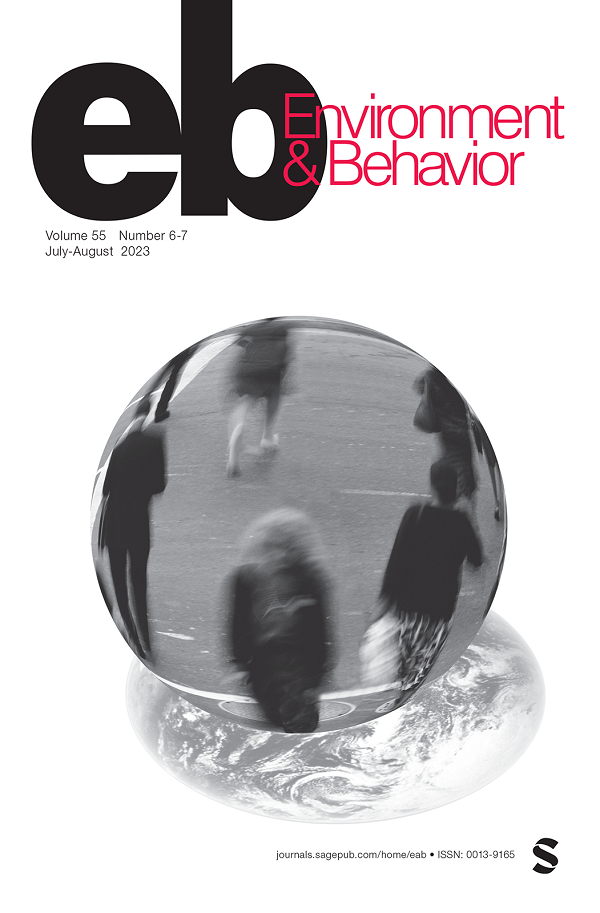“有一点涟漪效应”:从社会身份视角看第三方的作用和老龄化
IF 4.6
2区 心理学
Q1 ENVIRONMENTAL STUDIES
引用次数: 12
摘要
城市社会学强调了一个城市的社会基础设施,或“第三场所”,在支持健康社区方面所起的重要作用。在社会认同理论的指导下,本研究探讨了老年人何时以及为何参与第三场所,以及如何从他们的参与中获得幸福感。我们对居住在社区的老年人样本(N = 31)进行了焦点小组访谈,以检验其中一个这样的第三场所——郊区社区桥牌俱乐部的性质。主题分析表明:(a)第三地的社会空间背景既可以促进也可以限制参与,(b)第三地可以支持积极的社会身份(如桥牌玩家,俱乐部成员,当地人),(c)在第三地制定这些身份有助于幸福感,(d)第三地是与更广泛社区的潜在联系。我们讨论了对老年人友好城市发展的政策影响,以及社会认同过程在与第三地社区团体接触中的作用。本文章由计算机程序翻译,如有差异,请以英文原文为准。
“There’s a Bit of a Ripple-effect”: A Social Identity Perspective on the Role of Third-Places and Aging in Place
Urban sociology highlights an important role that a city’s social infrastructure, or “third-places,” play in supporting healthy communities. Informed by social identity theorizing, this study explores when and why older adults engage with third-places and how a sense of wellbeing can be derived from their participation. Focus-group interviews were conducted with a sample of community-dwelling older adults (N = 31) to examine the nature of one such third-place, a suburban neighborhood bridge club. Thematic analysis suggests that (a) the socio-spatial context of third-places can both enable and restrict participation, (b) third-places can support positive social identities (as bridge players, club members, locals), (c) enacting these identities in third-places facilitates a sense of wellbeing, and (d) third-places are potential connectors to the wider community. We discuss the policy implications for the development of age-friendly cities and the role of social identity processes in engaging with community groups in third-places.
求助全文
通过发布文献求助,成功后即可免费获取论文全文。
去求助
来源期刊

Environment and Behavior
Multiple-
CiteScore
13.30
自引率
1.80%
发文量
13
期刊介绍:
Environment & Behavior is an interdisciplinary journal designed to report rigorous experimental and theoretical work focusing on the influence of the physical environment on human behavior at the individual, group, and institutional levels.
 求助内容:
求助内容: 应助结果提醒方式:
应助结果提醒方式:


